Congratulations to all our staff and students on a very successful Semester 2.
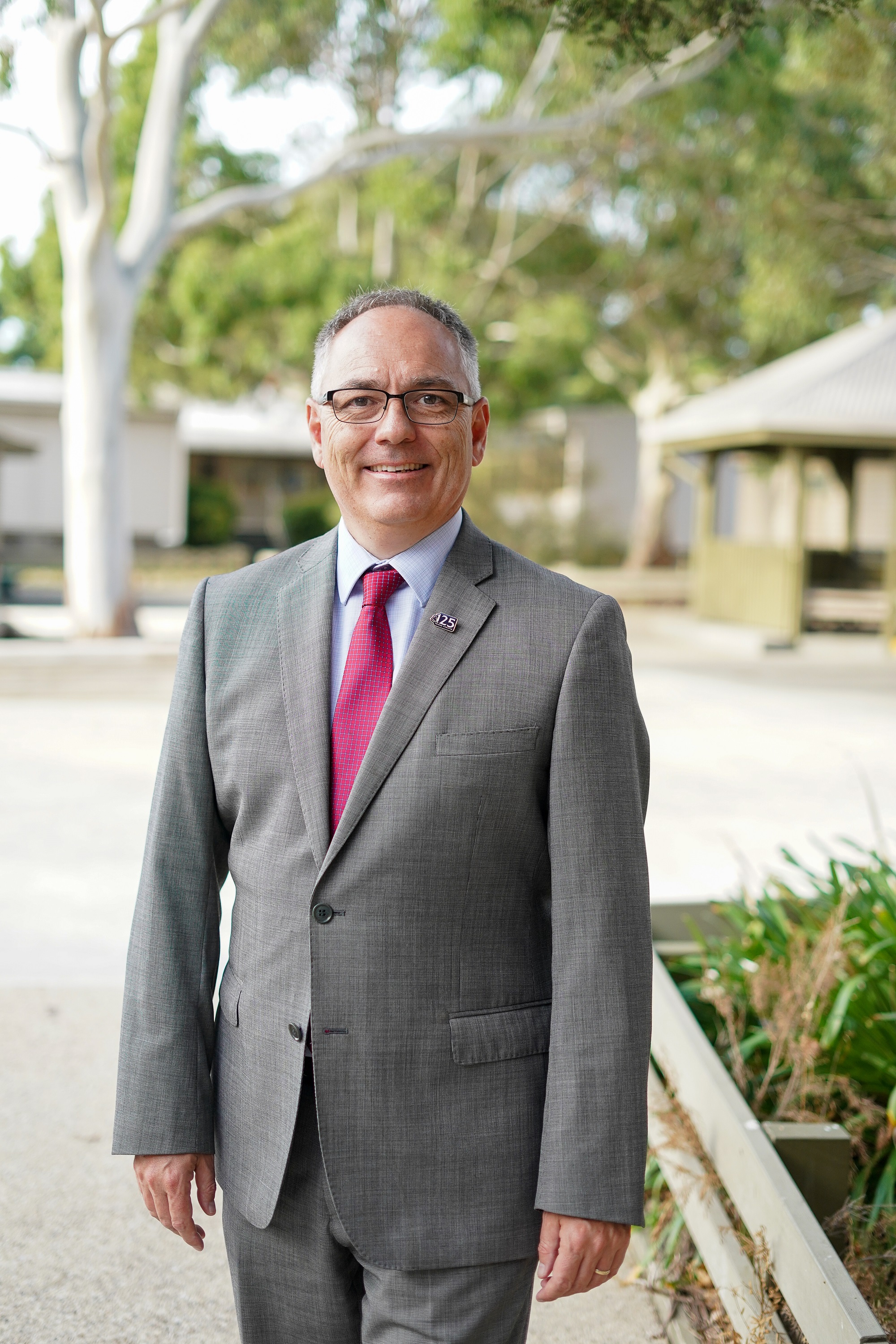
STEPHEN VENERIS
DEPUTY PRINCIPAL | HEAD OF THE YEAR 7-9 CAMPUS
Looking back over the past two years, there is so much to be grateful for:
- Being onsite and together for the whole semester
- Year 7 Camps and the connections made at both Howqua and then Healesville
- Year 9 City Camp and Outdoors Camp
- SIS Sport
- Homework Hub – Monday to Friday with Ms Hardie
- Learning Enhancement support for students
- Our new St Clare Performing Arts Centre
- Village Basketball Courts Covers
- For ideas, for joy, for learning… for hope
We are grateful for all these gifts.
Our term concludes today with our Year 7-9 Awards Assembly and we congratulate all the award winners.
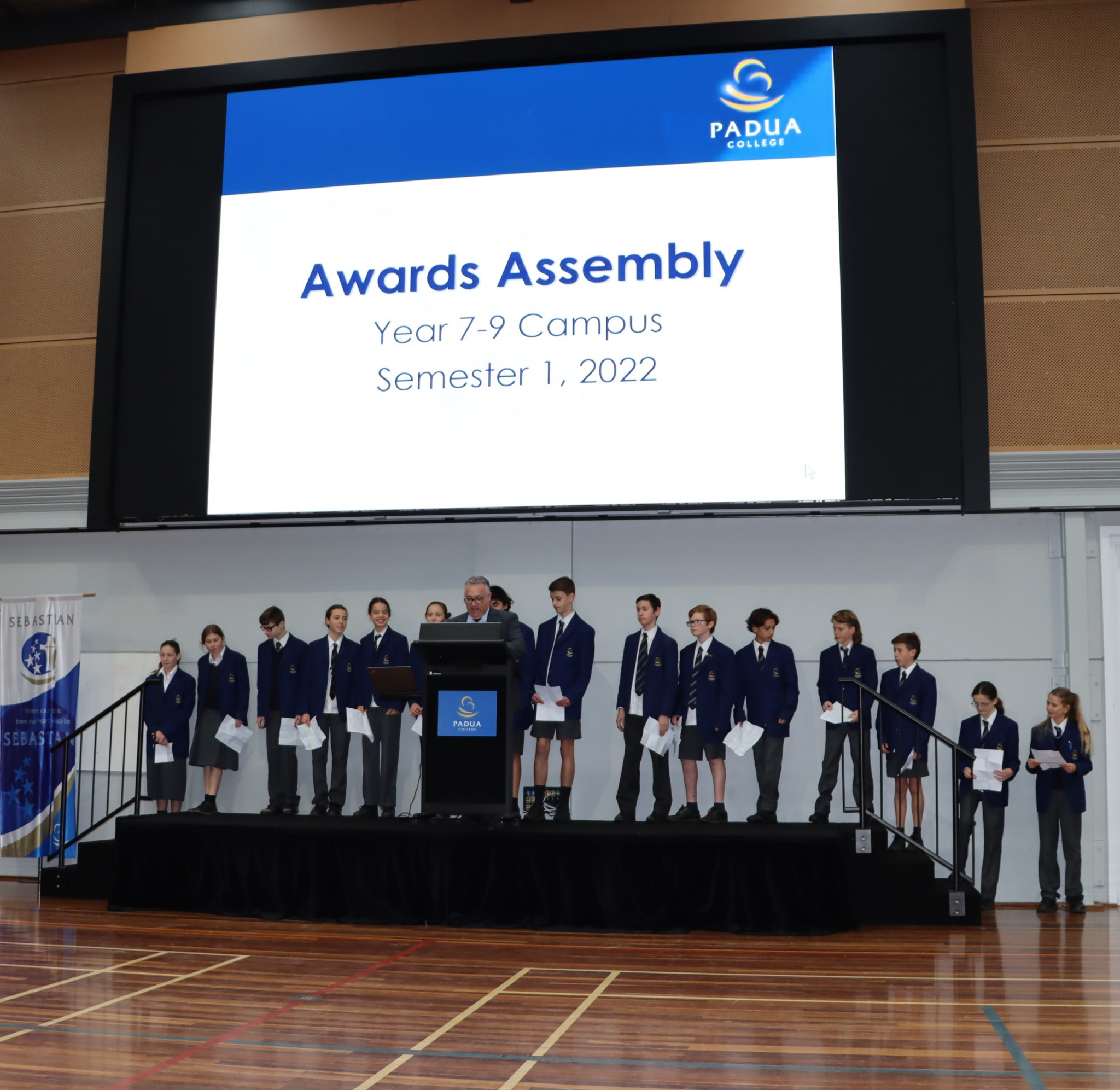
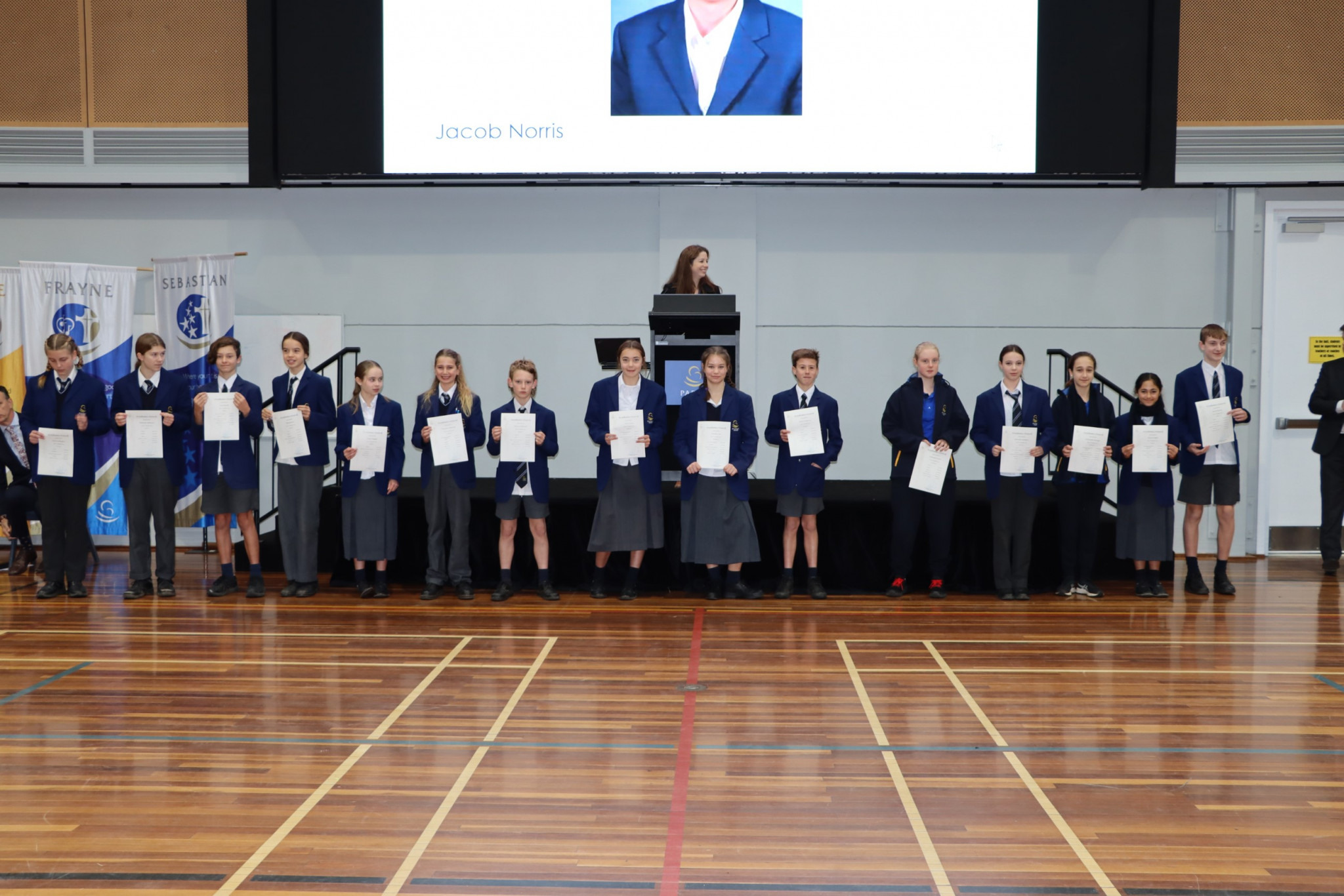
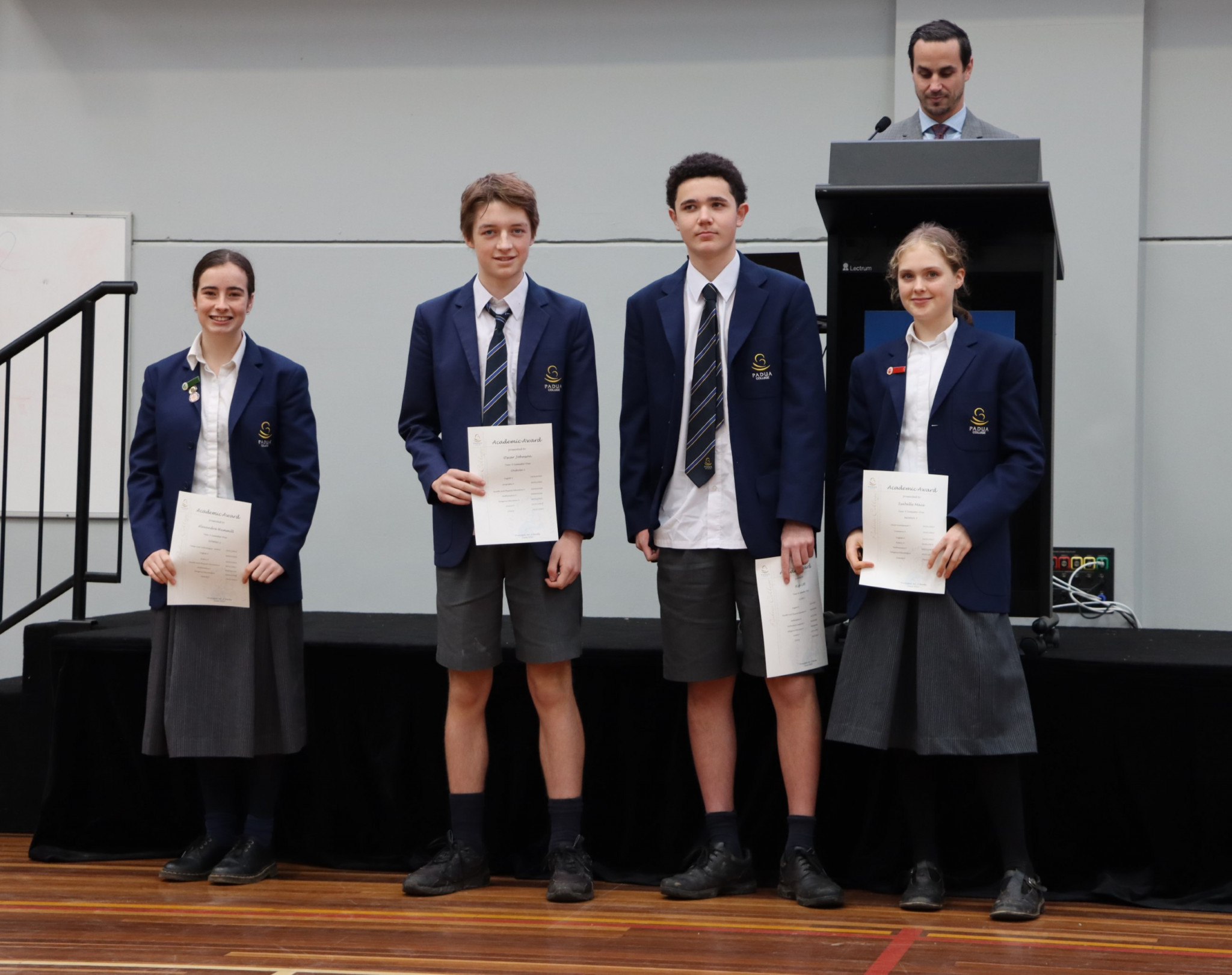
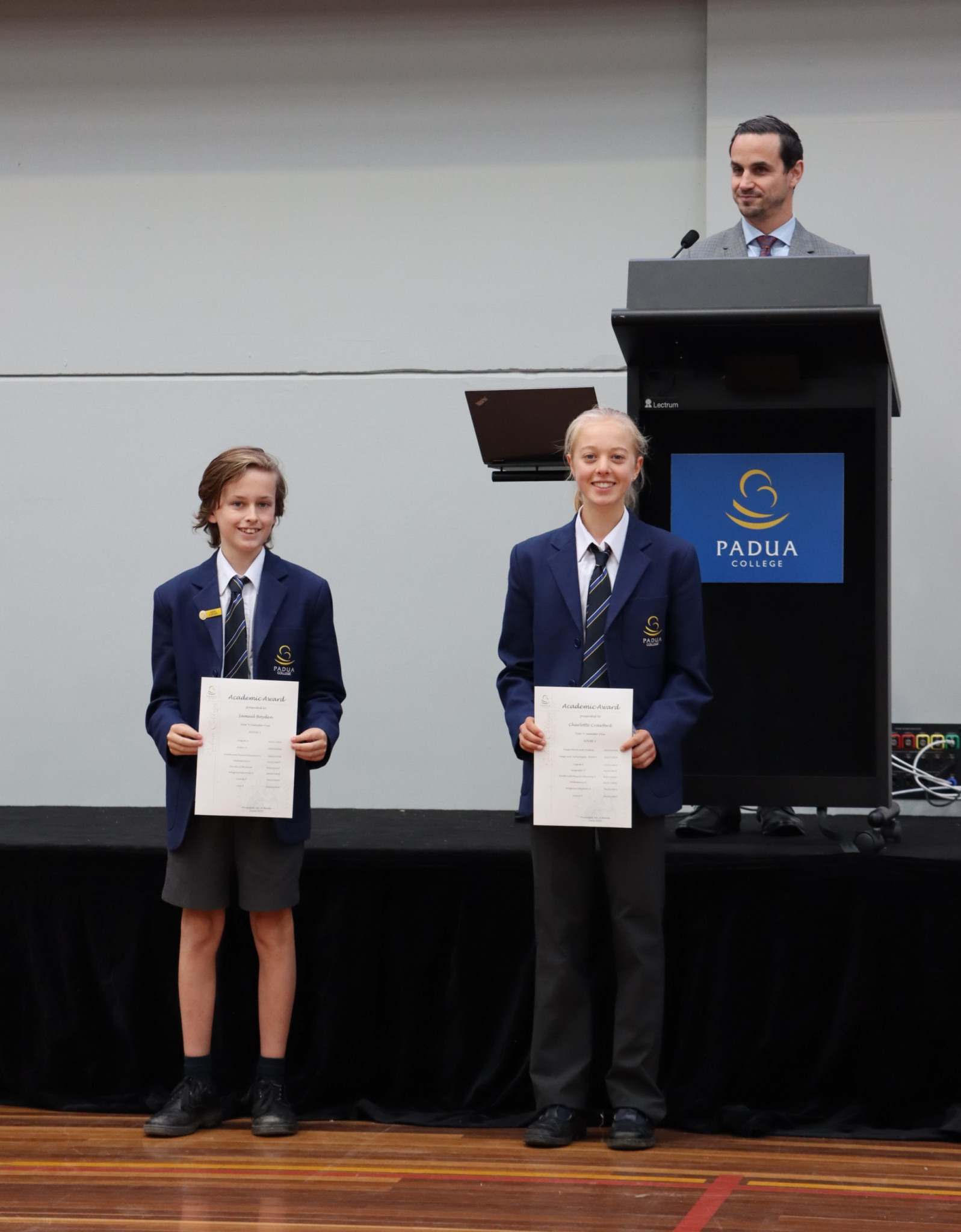
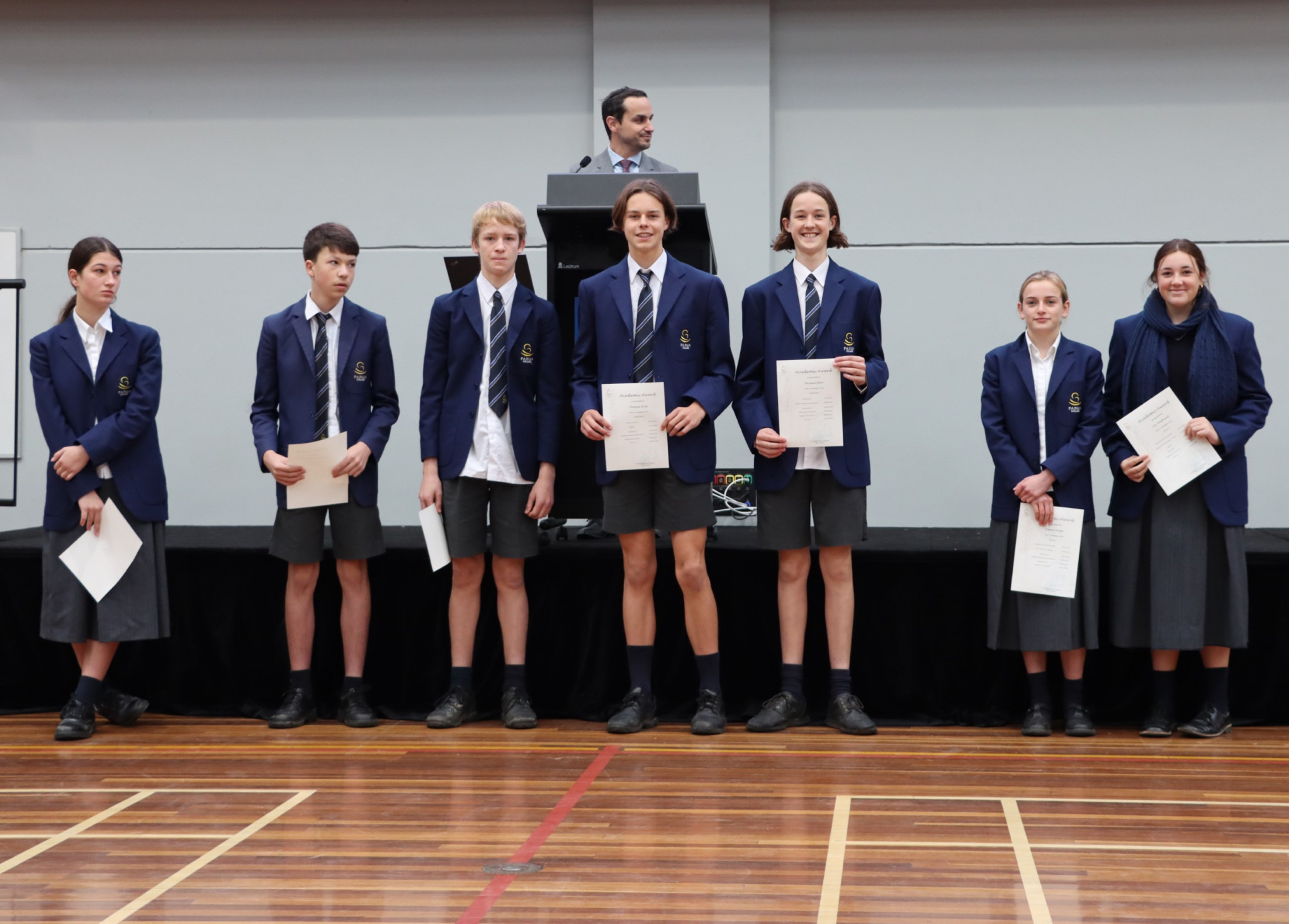
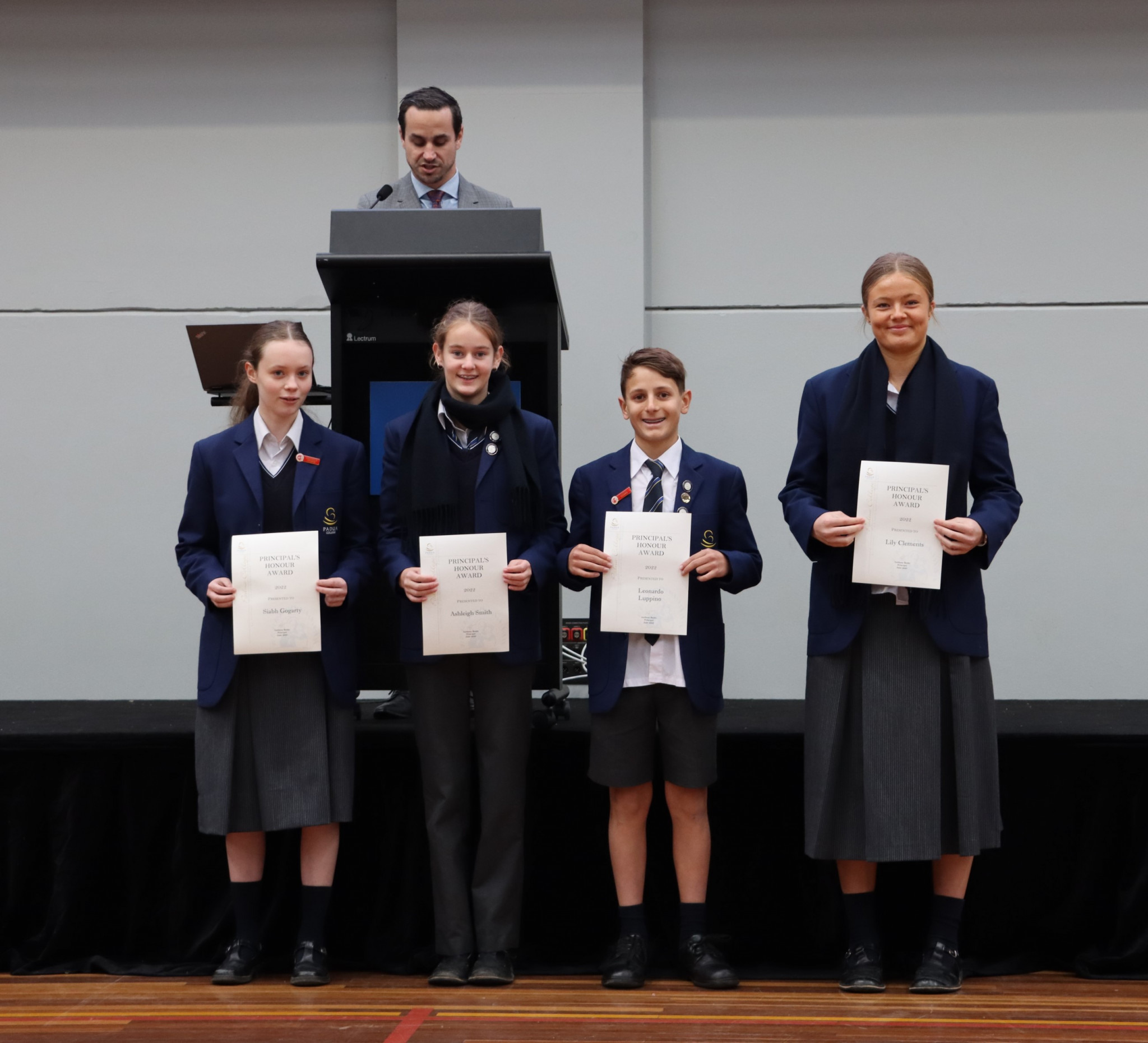
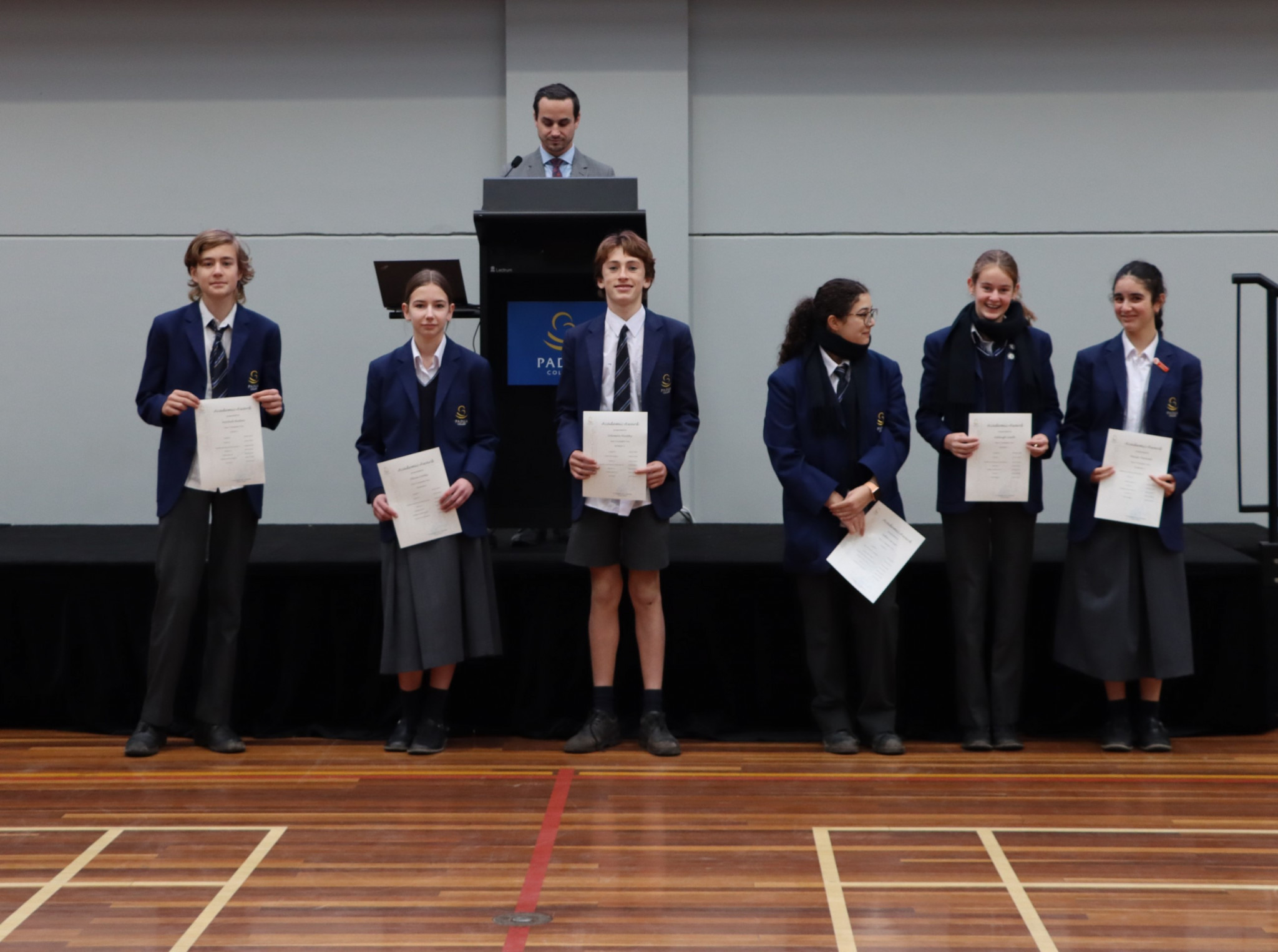
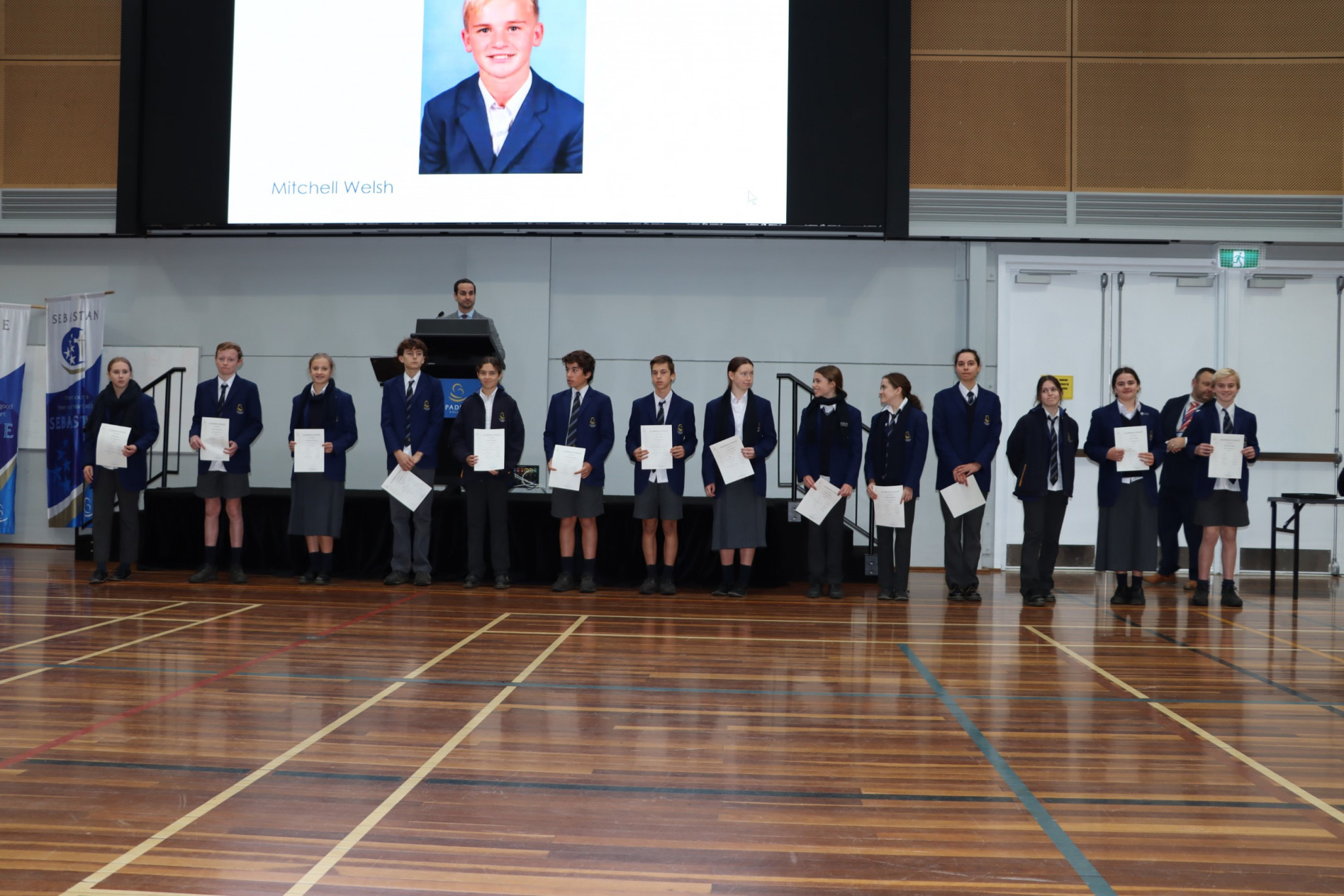
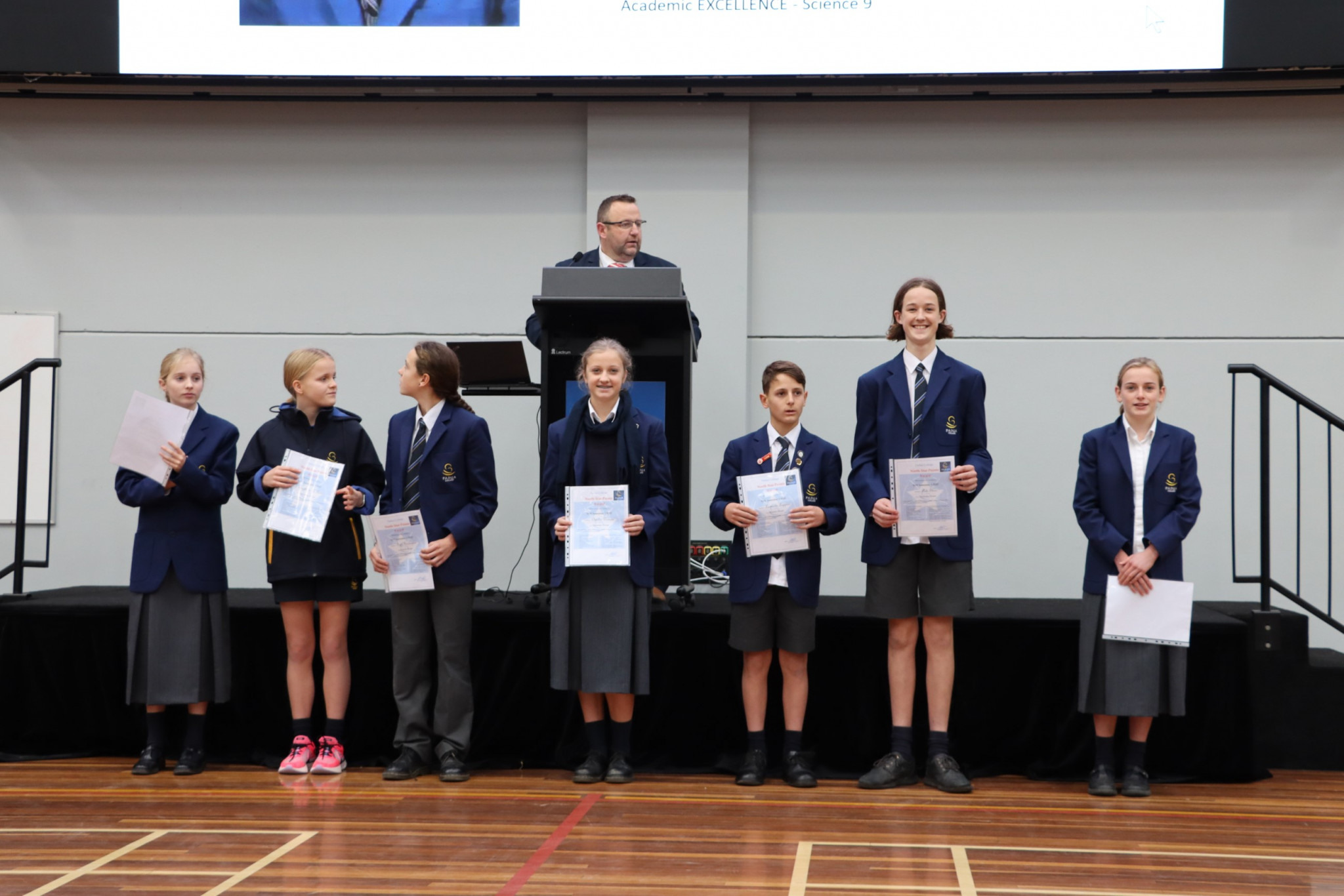
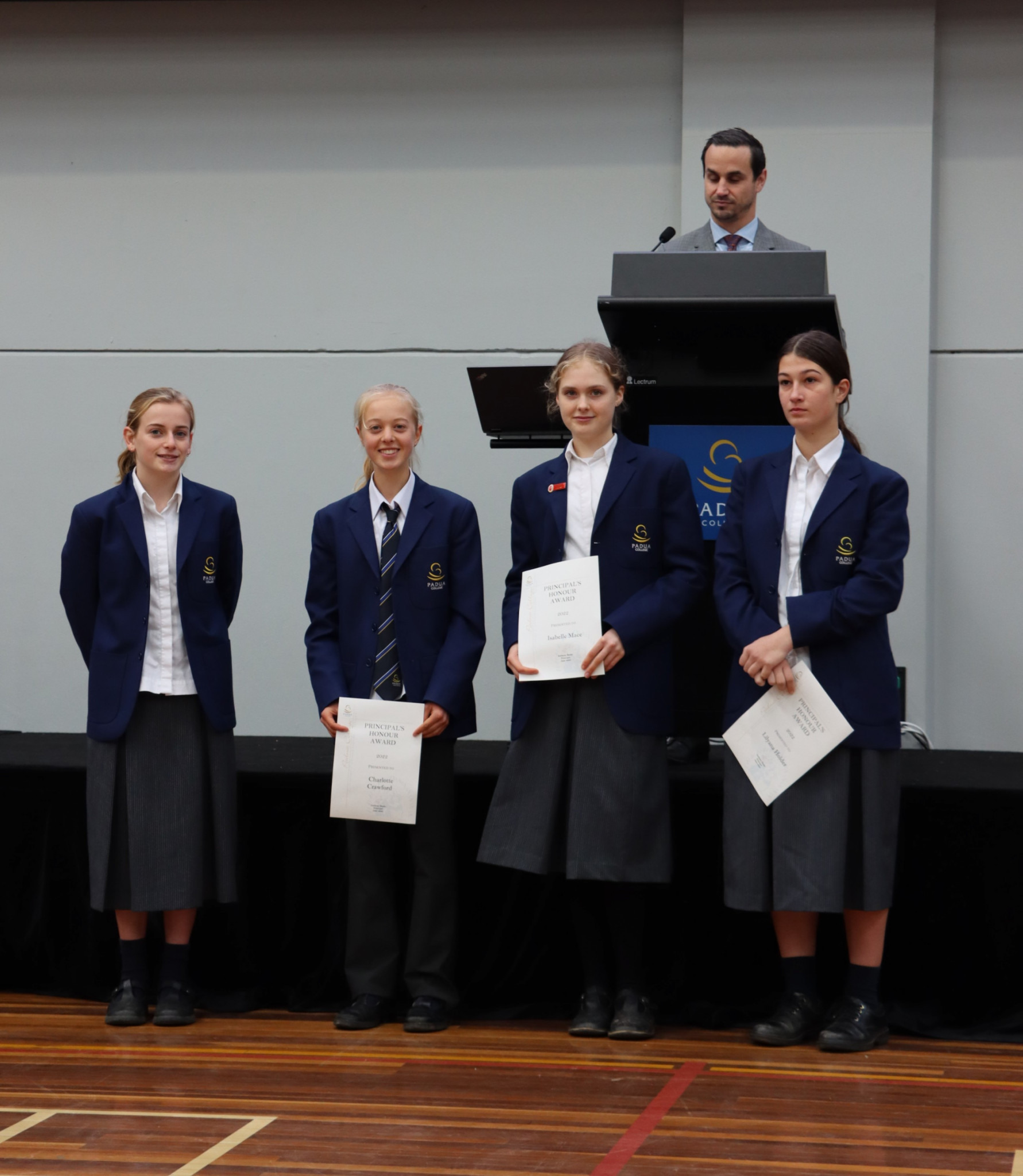
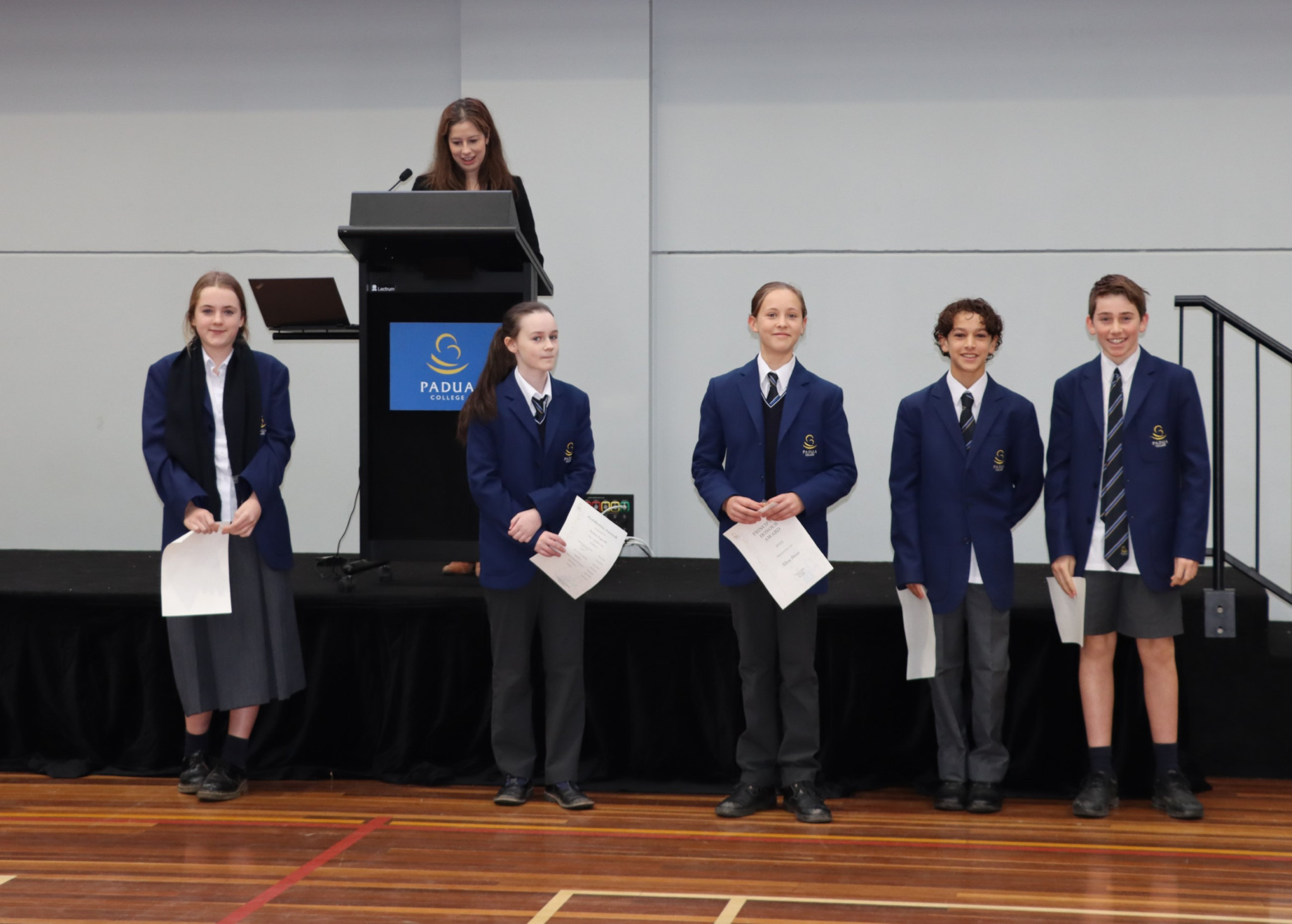
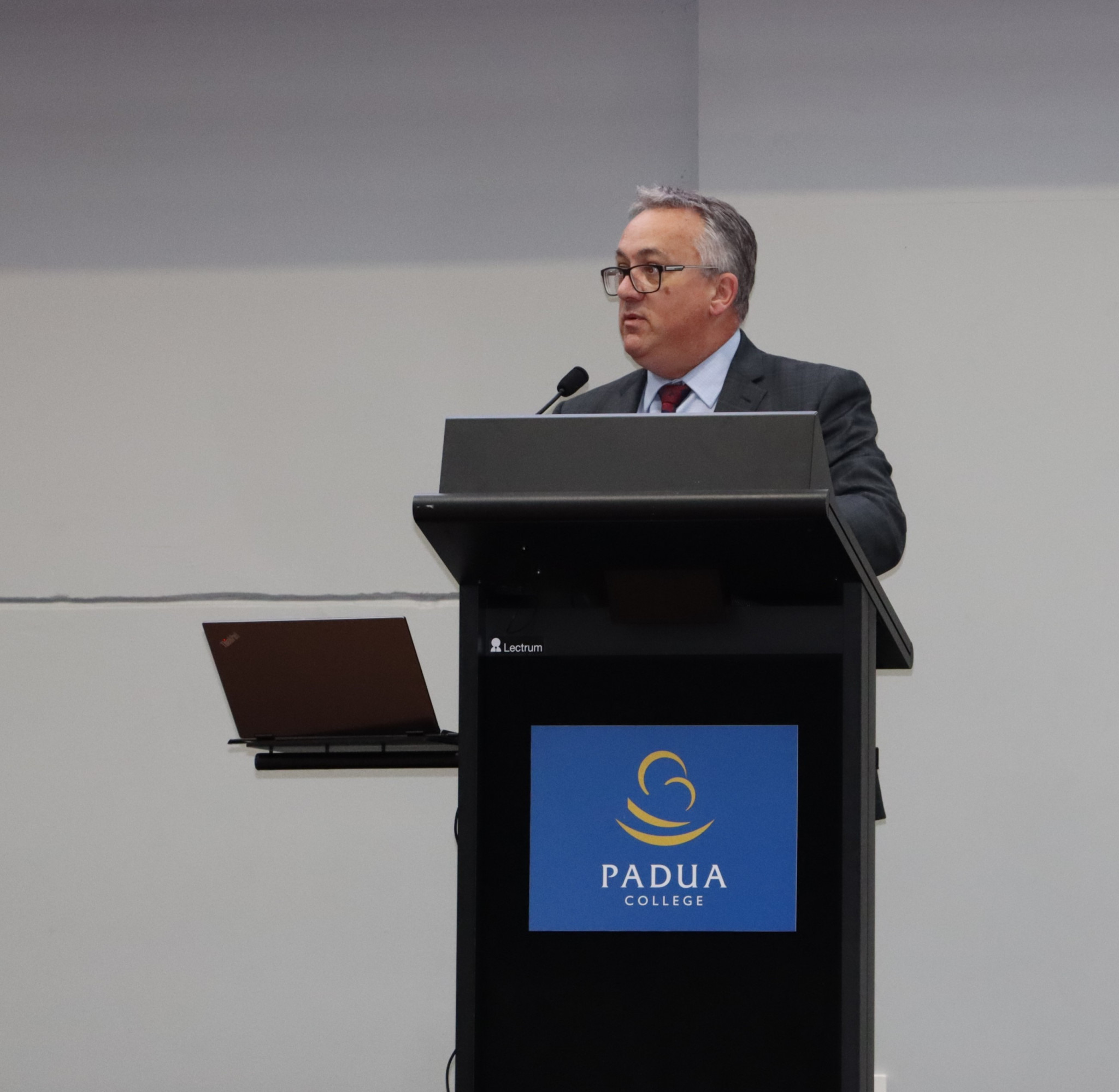
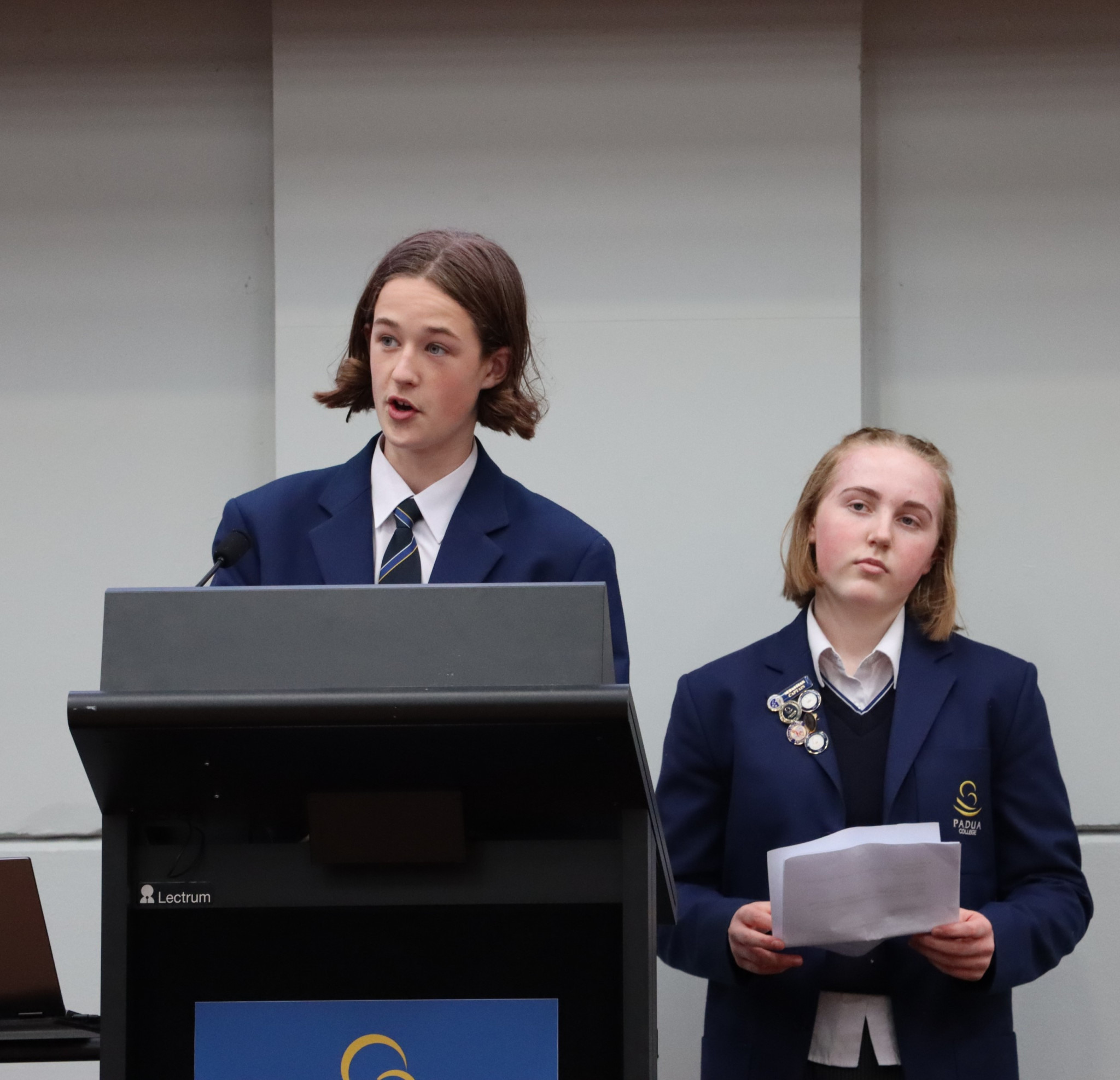
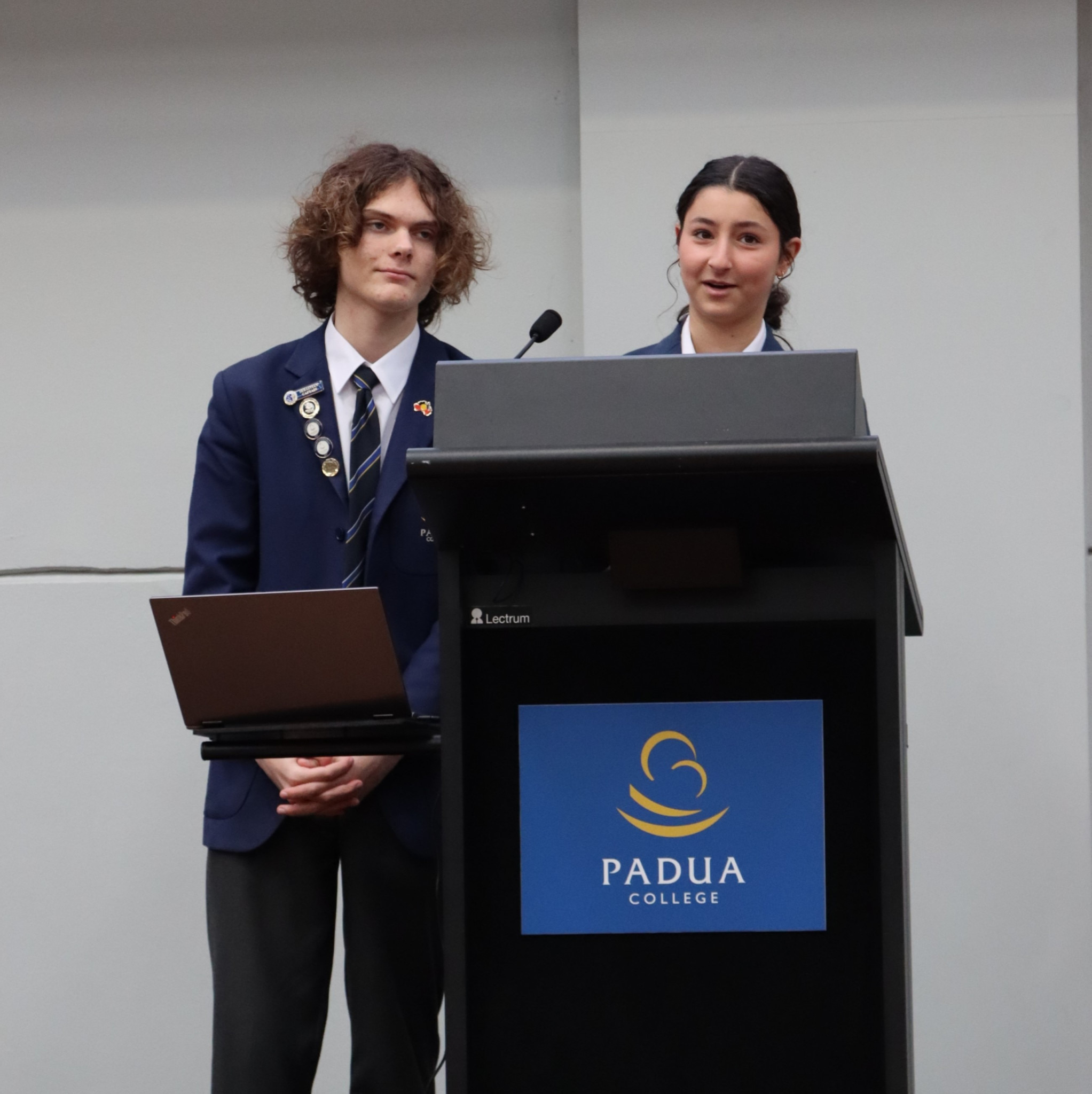
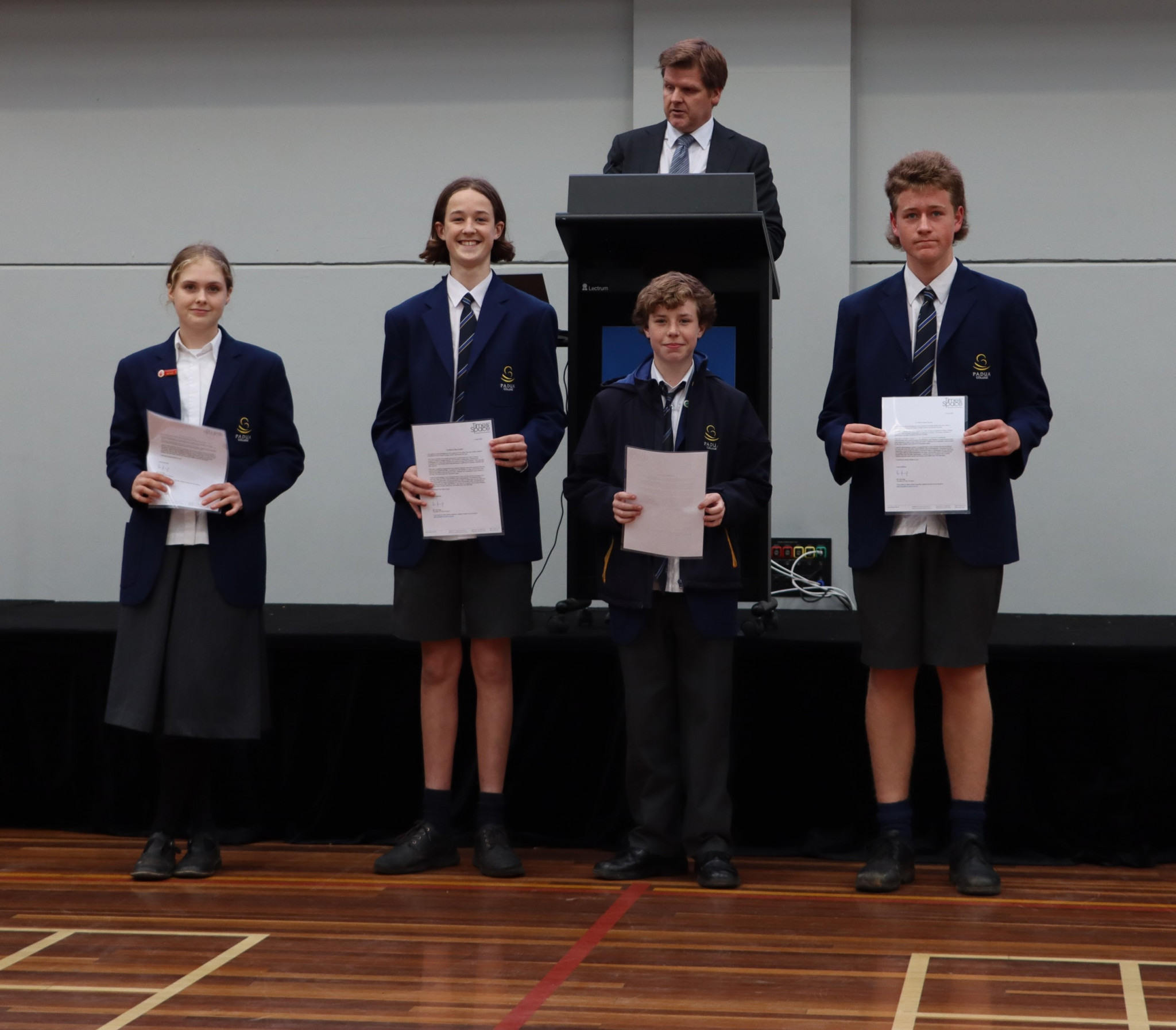
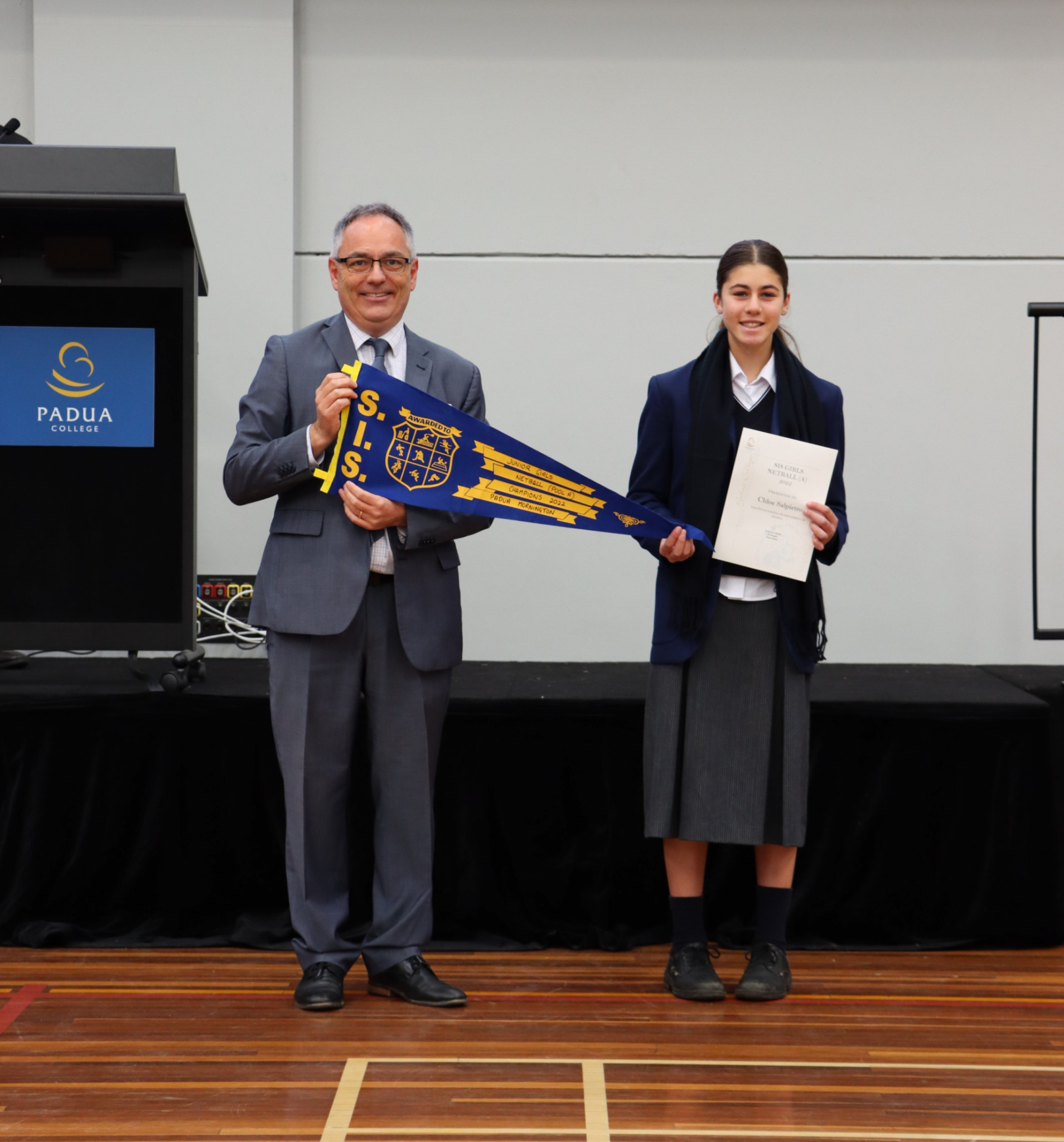
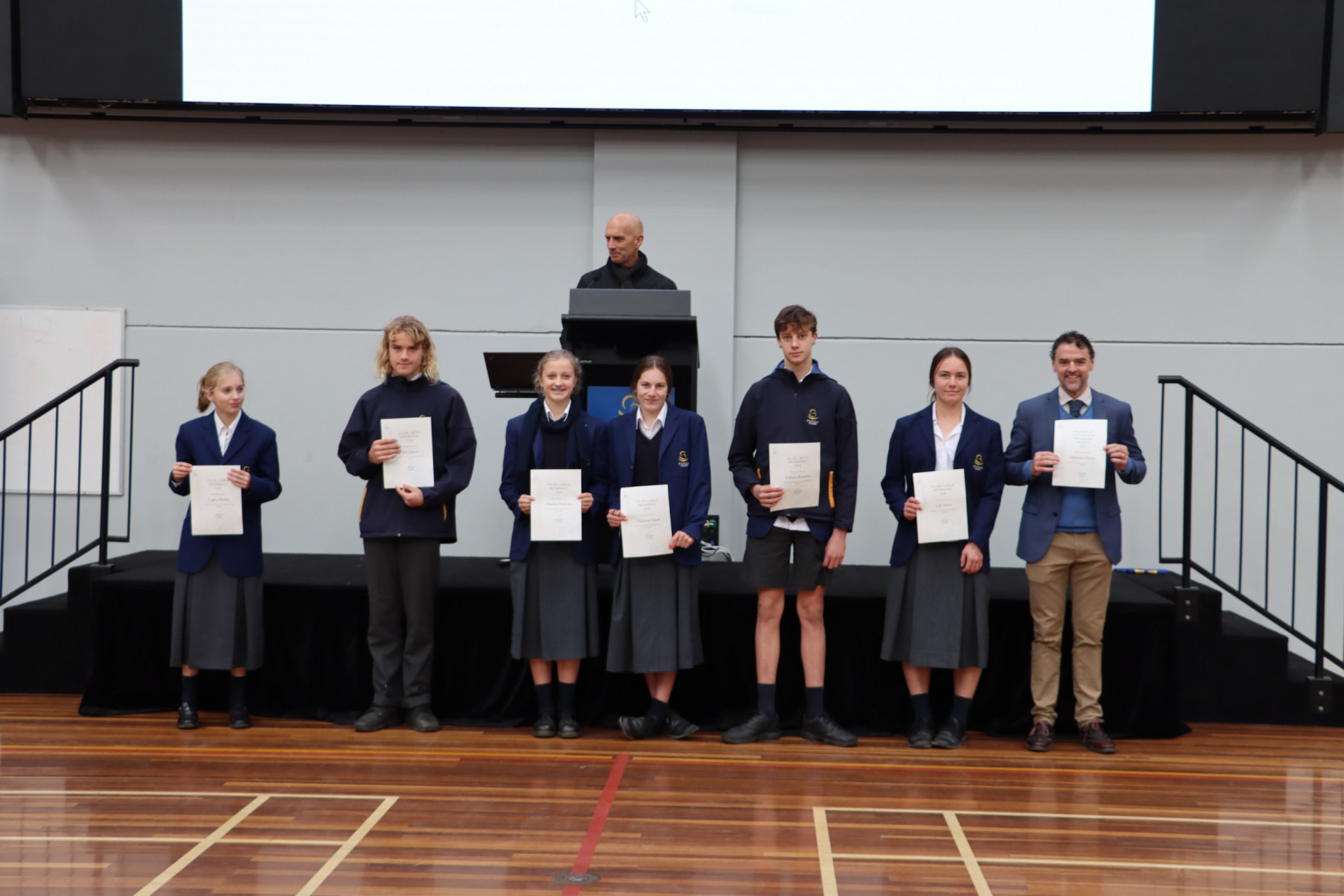
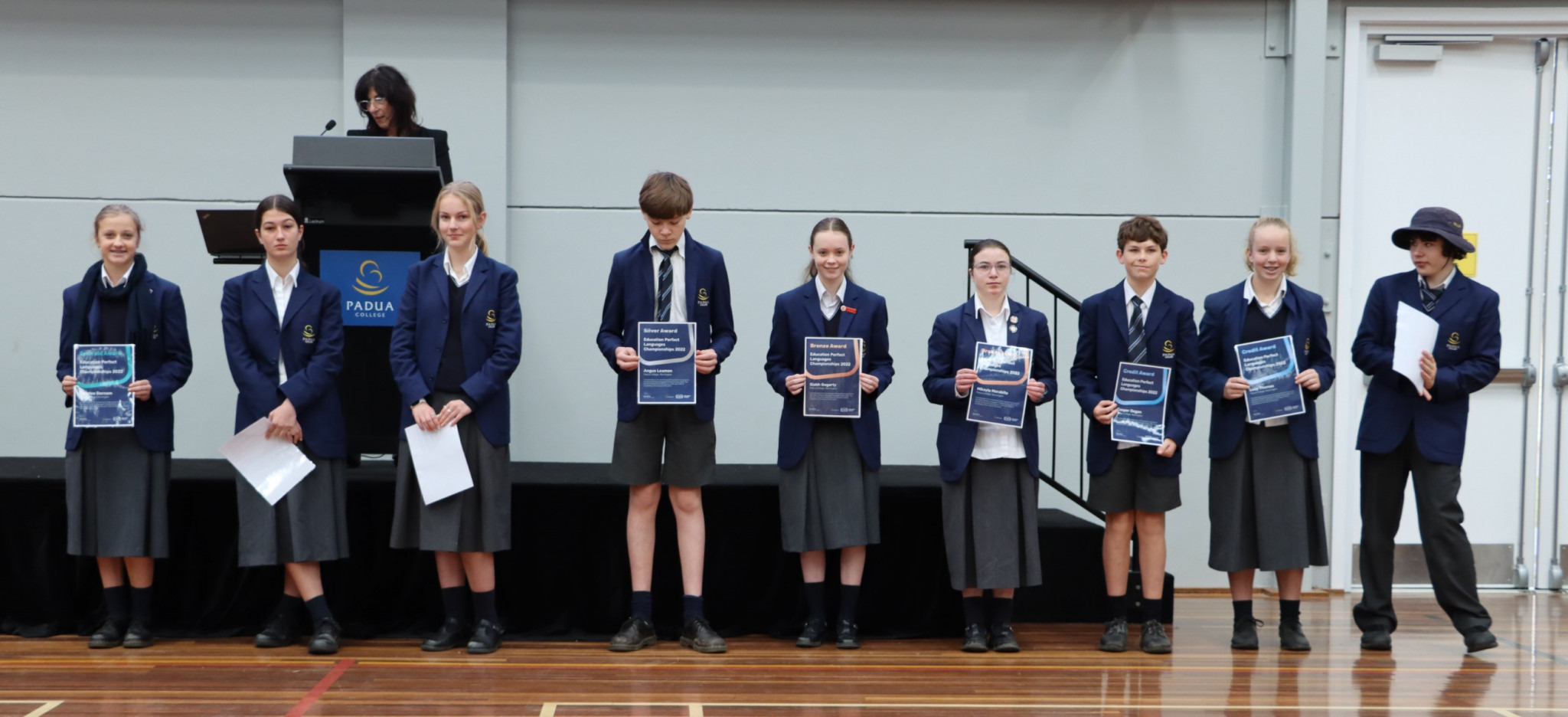
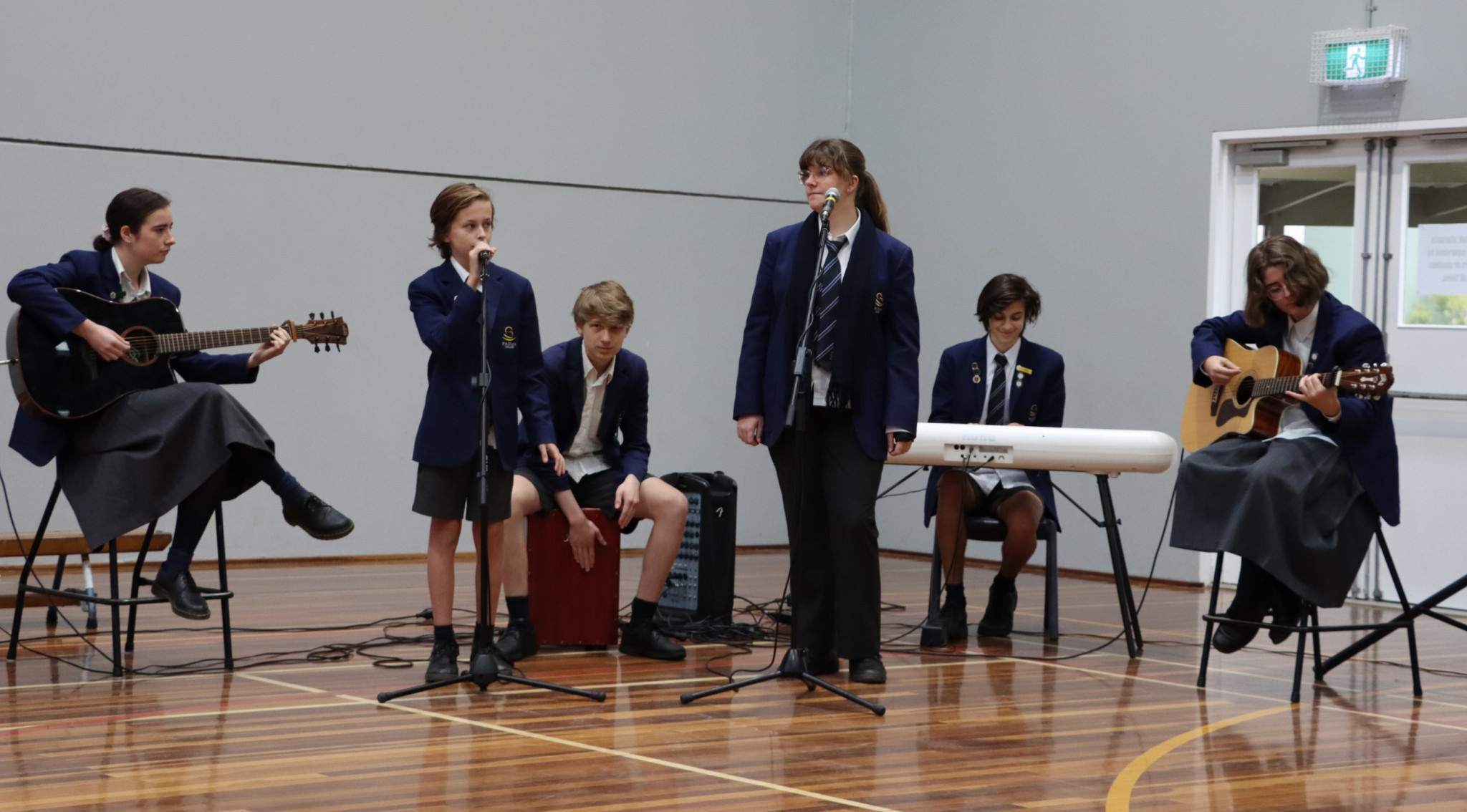
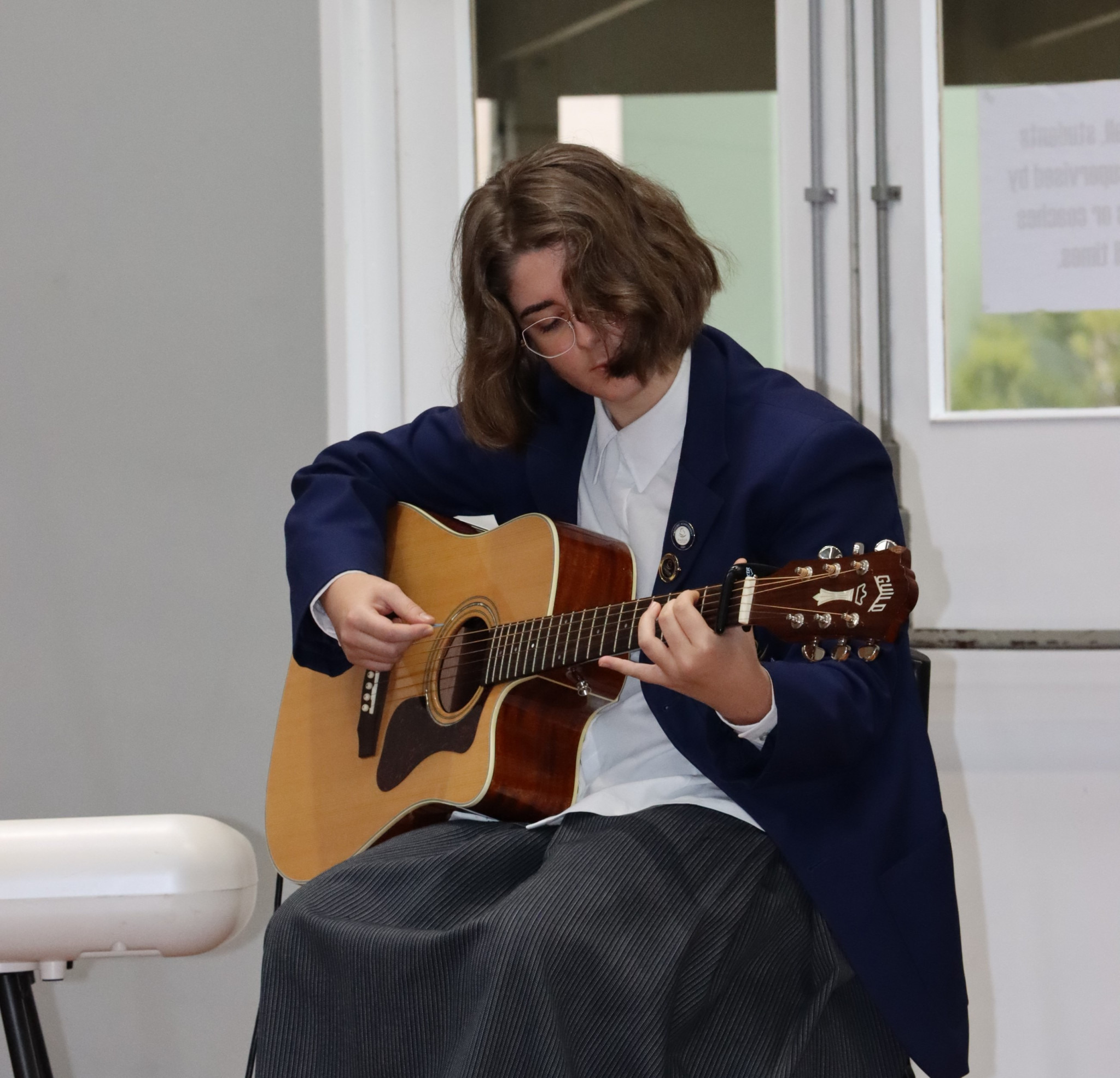
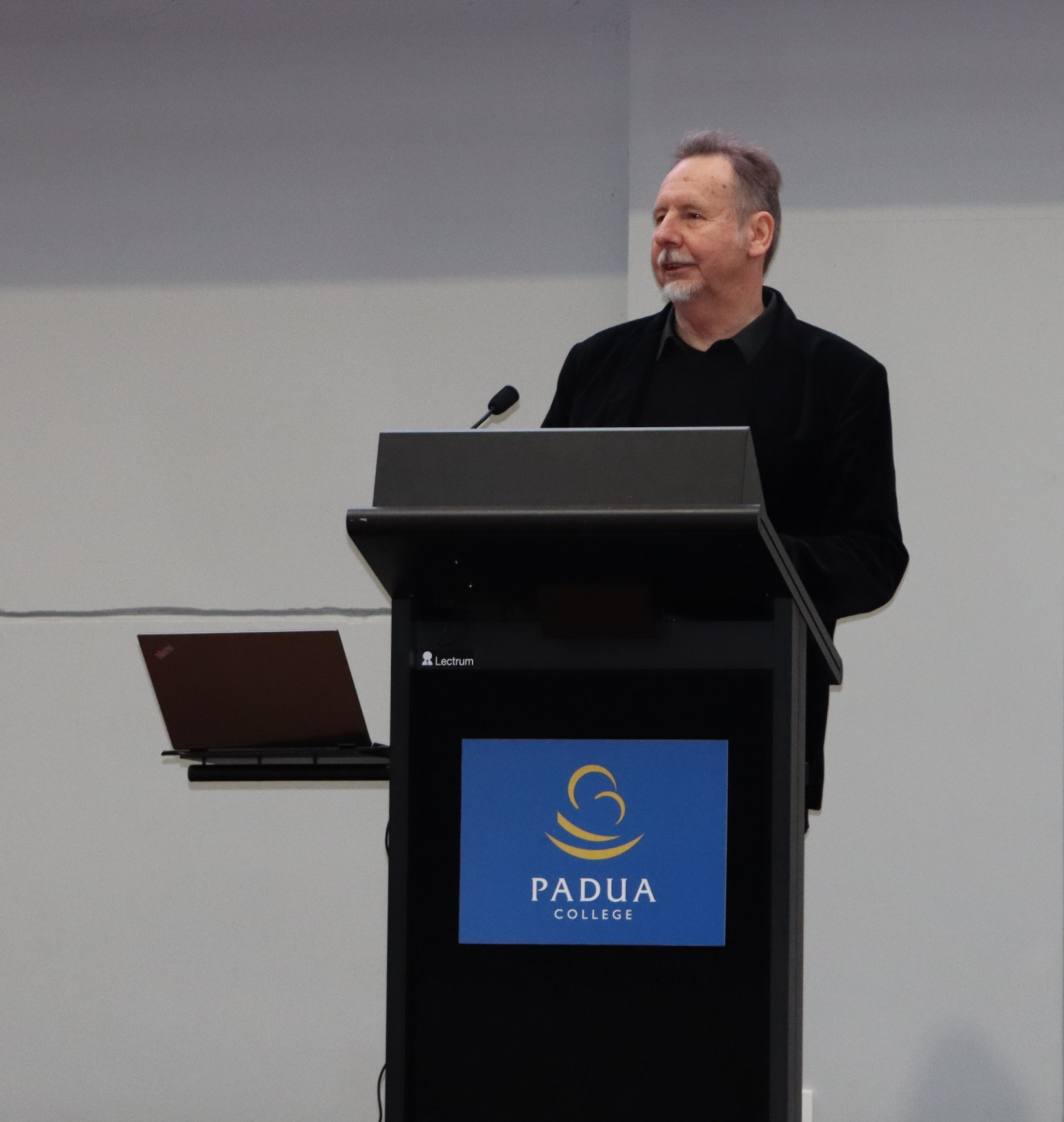
Touch-Typing Stars
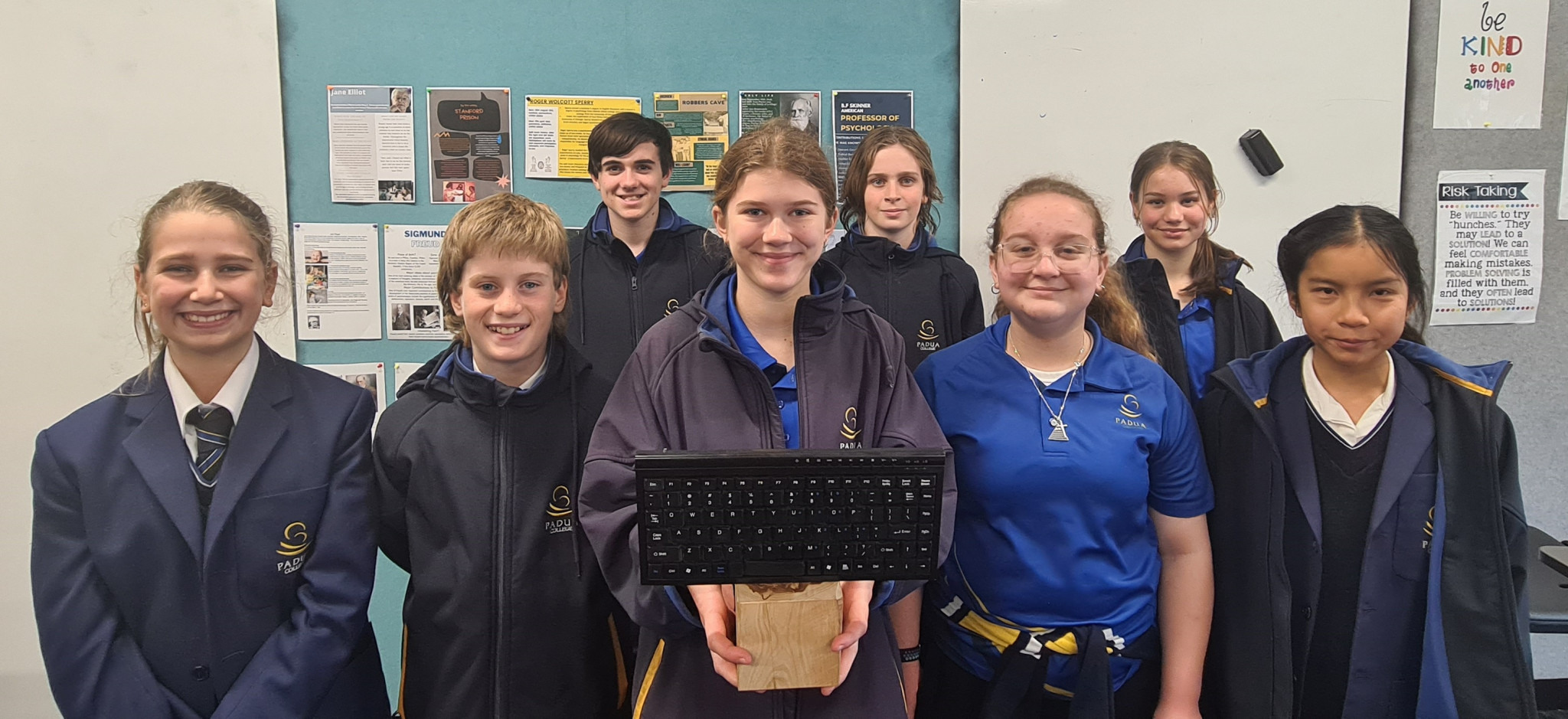
The College eLearning and Innovation Department ran a touch-typing competition this term with 185 Year 7s at the Mornington Campus.
Congratulations to Kolbe student Makayla Akehurst, who spent a staggering 11 hours on the site, logging into the program on 45 separate occasions. Makayla was able to increase her typing skills from 27 words per minute (WPM) with a 95% accuracy to an impressive 41 WPM with a 99% accuracy. These stats are higher than the average adult.
We also wish to acknowledge the following students who placed in the competition:
- Mika Cafarella, Frayne
- Ollie Ewer, Assisi
- Tia Muratore, Kolbe
- Imogen Amato, Chisholm
- Ollie Mayhew-Sharp, Clare
- Claudia Cox, Chisholm
- Katiya Chiodo, Romero (not pictured)
- Gus MacPhie, Romero
Luke Low
Director of eLearning
Top Gun Program at Padua
Padua Year 9 students studying STEM subjects now have the opportunity to study Aviation due to a grant organised by Lisa Modd, Co-Director at our Tyabb Campus. Lisa applied and received a grant from the Melbourne Archdiocese Catholic Schools (MACS) which covered the equipment and materials from ‘Immersive Education’, and the professional development for three teachers to be able to facilitate the program.
Students are now able to learn about the history of aviation and compare the difference from the Wright brothers’ “Flyer” to the Airbus A380. They also learn about Bernoulli’s principle and aerodynamic lift.
Students then build a balsa wood aircraft with a motor and propeller and test fly their aircraft using a Centripetal Thrust Generator, a mounted pole with electrical tethers that supply electricity and hold the aircraft.
Students film the flight and can then work out the time of each rotation, distance travelled in one rotation and the overall speed. Using a calibrated staff, students can calculate the height the aircraft is flying at.
Using the theory learned, students then modify their aircraft and fly their aircraft again, allowing them to compare the results from the original flight data.
Paul Barton, Systems Engineering Teacher
Student Perspectives
I love STEM because it gives me an opportunity to look further into engineering and coding, which I enjoy doing. This term we are looking at planes and how they are built, how they stay up and how they take off. We are building our own planes out of balsa wood and flying them around the Ursula Frayne to test them. Once we do that we go back and make adjustments to modify them to make them fly better/faster. In term 1 we were looking at lego robots and programming them to move in lines, spin around and stop when it senses a certain colour. We coded them using the EV3 app then tested them to see if they follow the programming. Stem has expanded my views on coding and engineering and I look forward to continuing on with it
Poppy Westworth
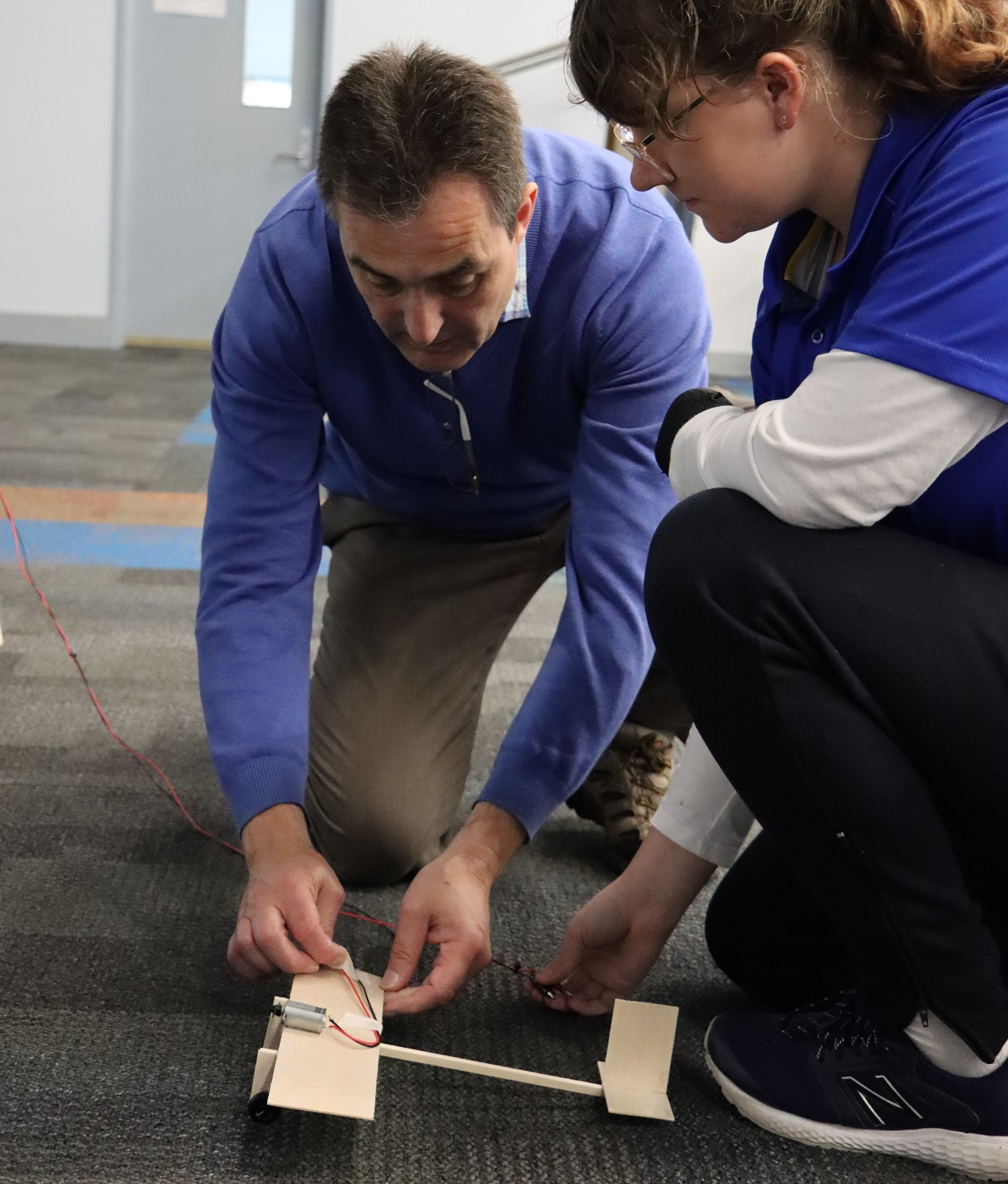
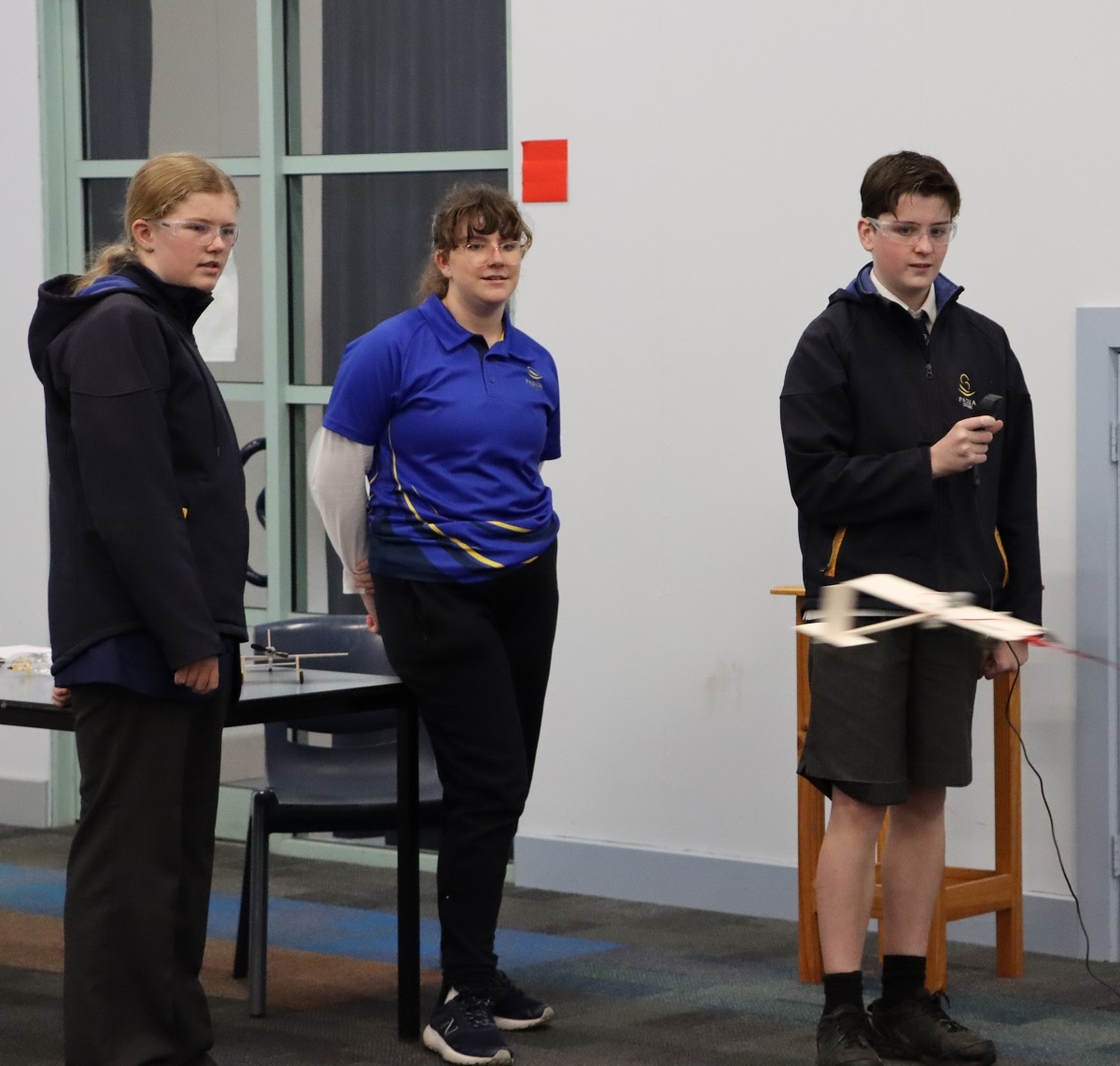
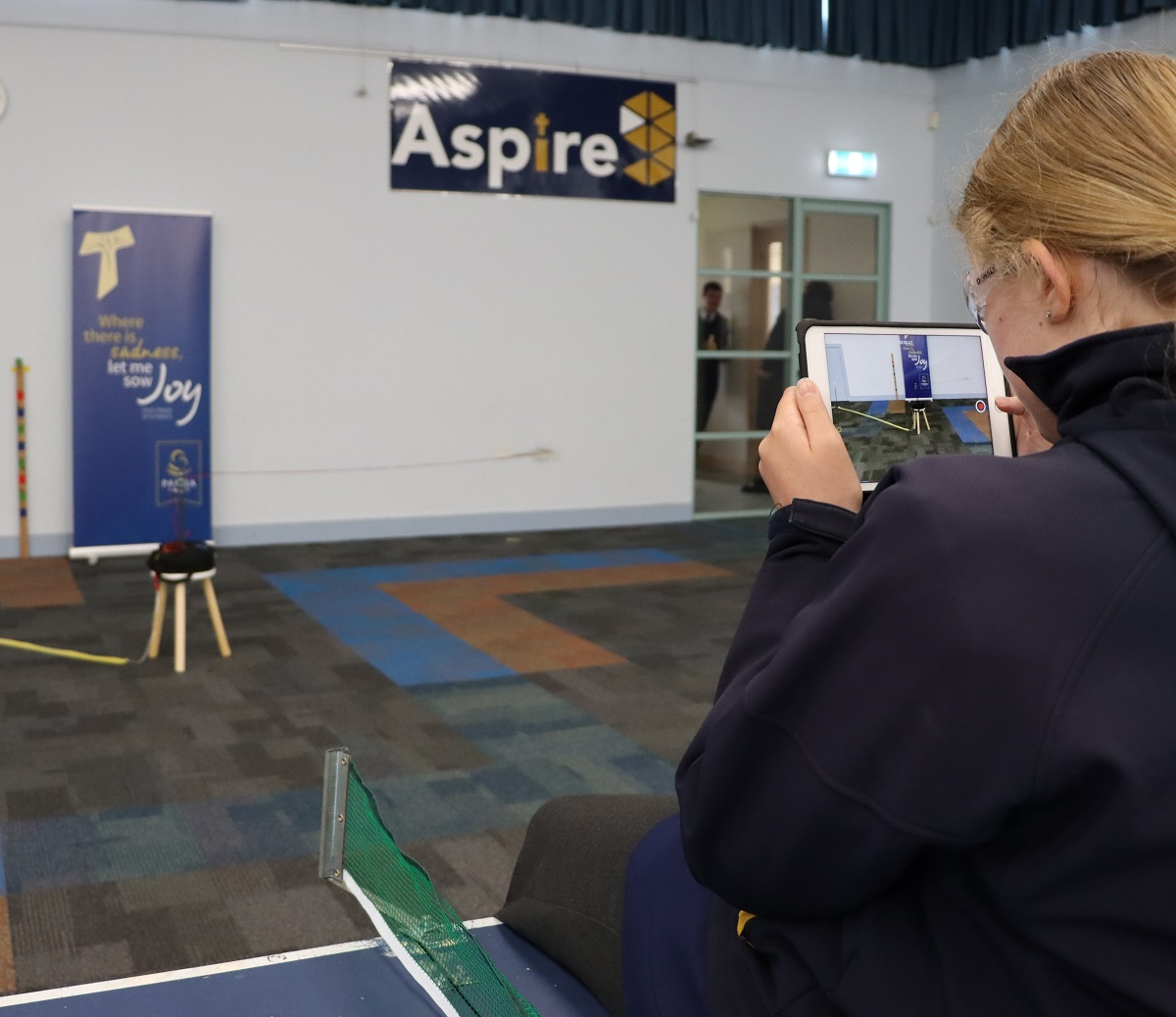
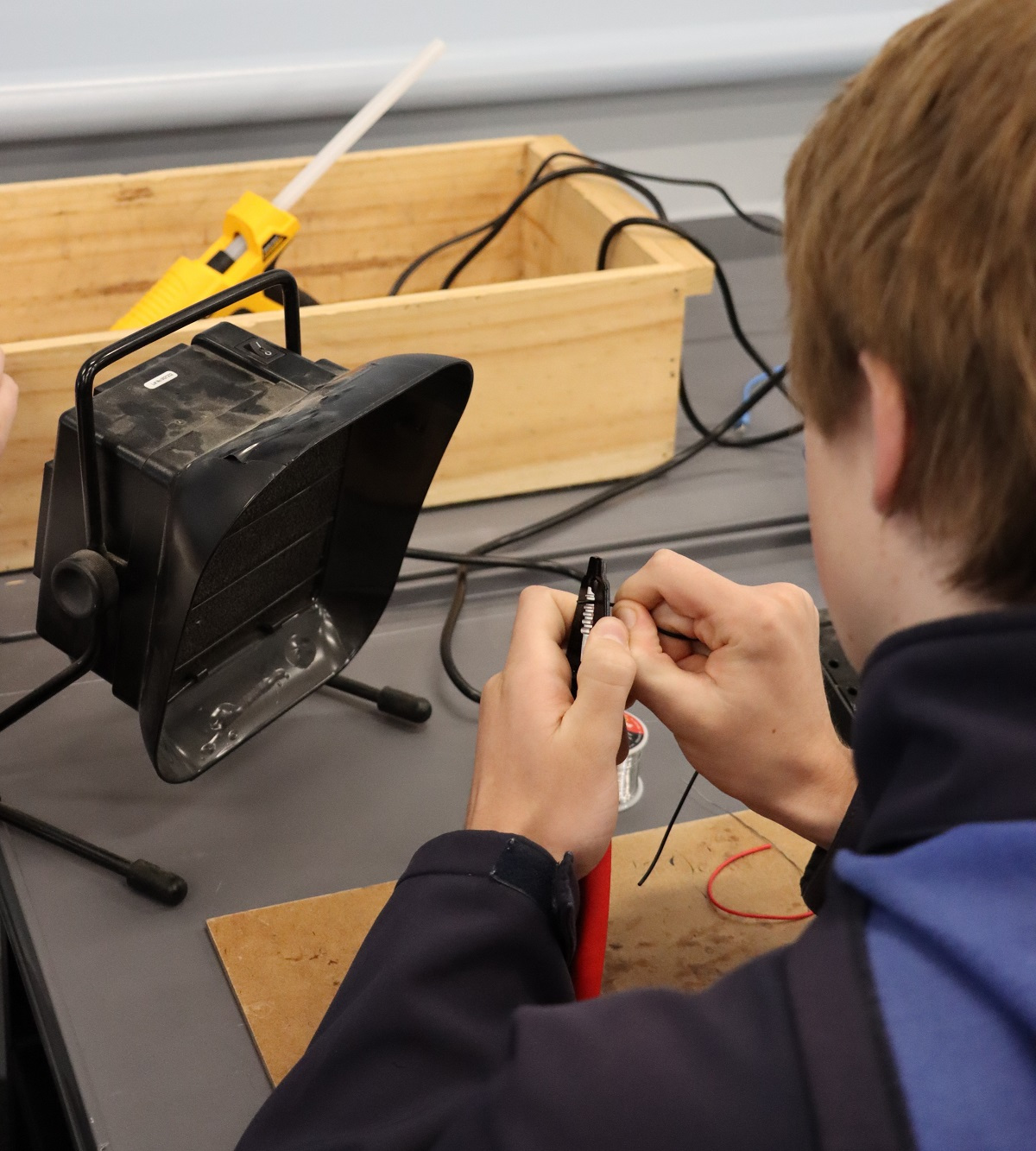
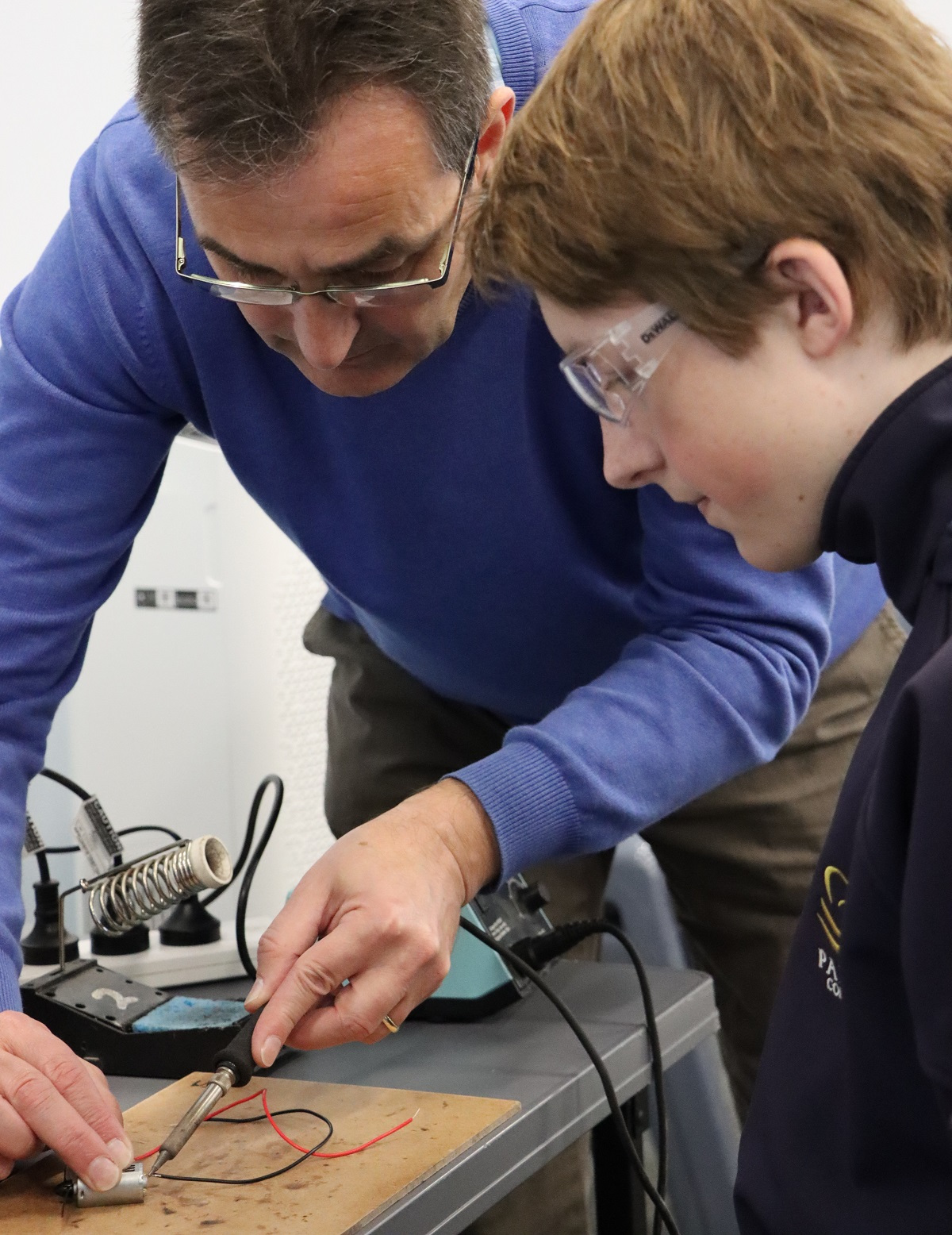

Nationally Consistent Collection of Data (NCCD) On School Students with Disability
Schools are required to complete the Nationally Consistent Collection of Data on School Students with Disability (NCCD) every year. It counts the number of students who receive additional adjustments or “help” at school because of a disability. The NCCD helps governments plan for the needs of students with disability.
Schools work together with families to understand the needs of each child. It is helpful if families give their child’s teacher a copy of any letters or reports they have. The letters or reports will help the school understand the child and the help that they might need. Letters from doctors, psychologists, speech pathologists, doctor, and occupational therapists etc. can be very helpful for schools. These reports along with information that the teacher has (i.e. school based tests, your
child’s work and learning plans) helps the school to understand and meet your child’s needs.
You can read more about the NCCD on School Students with a Disability in the link below:


